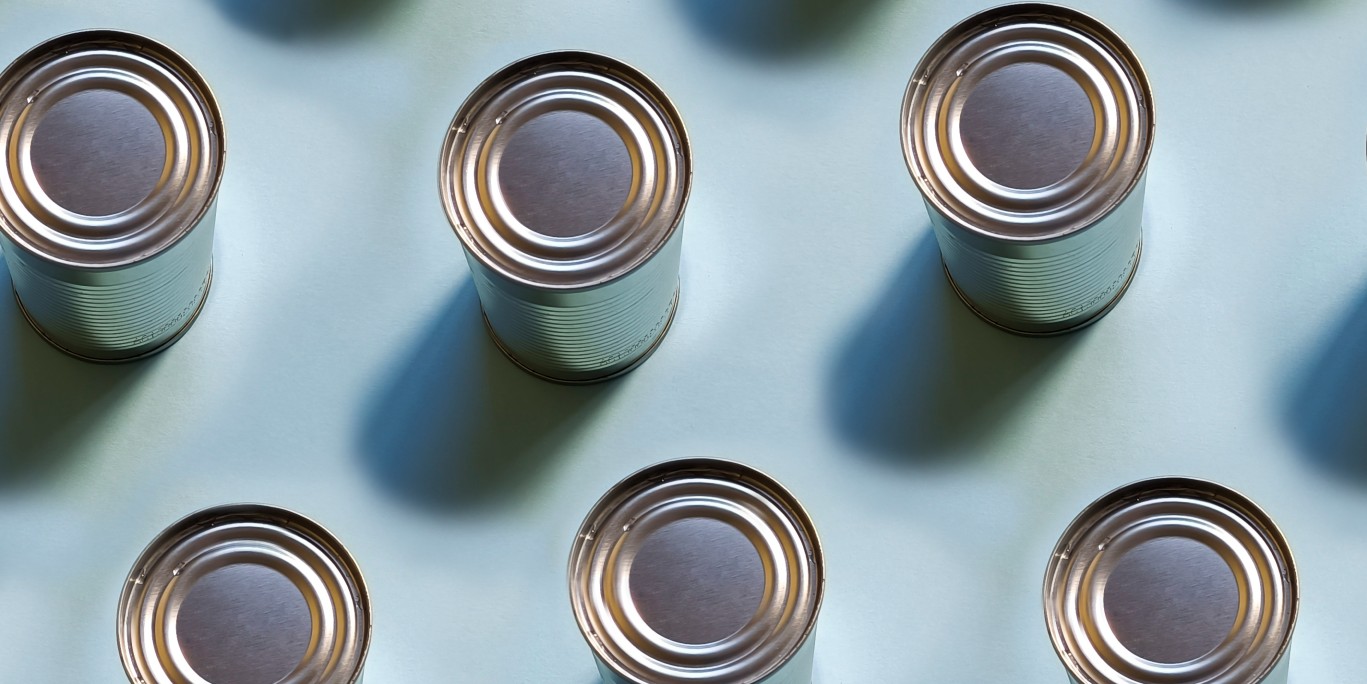What changes could have the biggest impact? Read our selection for October 2023.
Critical Raw Materials Act: a further update
Transition to circular economy: European Court of Auditors issues report
Sustainability index: new drafts published in France
Critical Raw Materials Act: a further update
After the European Commission published its proposal for the Critical Raw Materials Act in March, and the Council decided upon a negotiating position in July, the European Parliament followed suit and voted on a common position on 14 September. The aim of the legislation is to ensure a competitive, secure, resilient, and sustainable supply of critical raw materials.
The European Parliament has highlighted the need for a circular approach. It is calling for a more than 10% volume increase of recycling capacity for each strategic raw material based on the 2020-2022 baseline. Furthermore, at least 45% of each strategic raw material should be collected, sorted, and processed with the caveat that the process is technically and economically feasible.
In general, the European Parliament proposes greater ambitions for the circular sector than the Commission and emphasises the role of secondary raw materials. Notably, the Parliament includes aluminium in the list of strategic raw materials due to its importance for the cleantech sector.
515 Members of the European Parliament voted in favour of the proposed text, 34 against, and 28 withheld their votes. Rapporteur Nicola Beer and the Committee on Industry, Research and Energy can now engage in trilogue negotiations with the ambition to finalise the process before Christmas.
Transition to circular economy: European Court of Auditors issues report
In June, the European Court of Auditors published a report assessing the EU’s transition to a circular economy. In particular, the Court assessed whether Member States are on track to meet the goals in the two Circular Economy Action Plans published in 2015 and 2020.
The report concludes that the EU is currently behind schedule in its ambition to double the circularity rate by 2030. The Court assessed that, despite the large amounts of funding provided by the EU, the circularity rate increased by only 0.4% between 2015 and 2021, and even regressed in some Member States. A lack of circular design in products and production processes were highlighted as factors slowing down the transition towards a circular economy.
To accelerate the transition, the Court gave two recommendations:
- The European Commission should improve the monitoring of Member States and direct funding towards circular design rather than waste management
- The Commission should analyse why EU funding has not achieved the desired results and consider better incentives for sustainable design choices
The report, which focuses on the period 2015 to 2021, could not evaluate the potential impact of recent or currently ongoing legislative processes, such as the Packaging and Packaging Waste Regulation, the Critical Raw Materials Act or the Ecodesign Regulation.
Sustainability index: new drafts published in France
On 2 August, four decrees and an order introducing the sustainability index and regulating its application for certain types of EEE were received by the European Commission (the drafts are currently open for consultation on the TRIS database).
The documents aim to implement the provisions of Article L541-9-2 of the French Environmental Code, which provides for the introduction of a sustainability index.
The proposed sustainability index will replace the repairability index.
According to the draft order, producers and importers are responsible for the establishment of the index, which must be communicated to the public, as well as to distributors and sellers in an electronic format and free of charge. In addition, the index must be applied directly to the equipment or its packaging.
One of the decrees establishes the methods of display, signage and general parameters for calculating the index. The sustainability index will be presented in the form of a score out of 10, which is very similar to the currently applicable repairability index.
The three other draft decrees set the criteria, sub-criteria and rating system for the calculation and display of the sustainability index for household washing machines, smartphones and televisions.
The end of the standstill for all the drafts is set for 11 November.
Sign up for our monthly
report COMPASS here:
Your email











